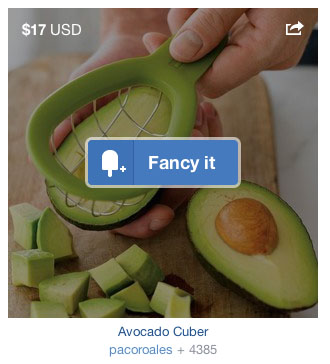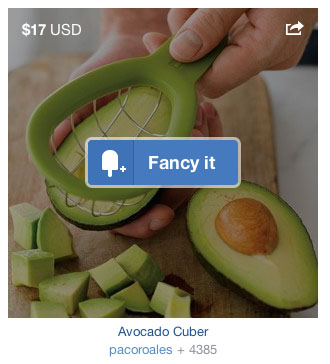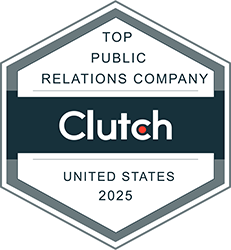Virtually every social network faces competition at some point in time. For Facebook, it was last summer when Google+ was launched (though that didn’t end up being much of a battle). As soon as Groupon and Living Social gained popularity, dozens of online couponing websites sprung up. Now, Muve Music is hoping to surpass Spotify as the largest digital music subscription service in the U.S. And the list goes on.
Thus, it was only a matter of time before Pinterest competitors started cropping up. LoveIt is the latest Pinterest look-alike, and was even featured in a recent Mashable article titled, “Should You Break Up With Pinterest for LoveIt?” The article essentially answered yes, pointing out various features that aren’t available on Pinterest (such as the ability to create “private collections” and a tool that automatically credits the original content source). LoveIt launched a new feature just yesterday that allows users to import their entire Pinterest boards, making it extremely easy for users to switch over to the competing service.
Another website that strongly resembles Pinterest is Fancy. The main difference between the two is that Fancy allows users to purchase items directly on the site, and it also takes a 10% cut from sales. This provides the site with a steady revenue stream, something Pinterest lacks and has drawn criticism for. Though Fancy is far smaller than Pinterest, Business Insider recently reported that Apple is interested in buying the social commerce site, which could lead to expansion.
What do these competitors mean for Pinterest? It’s unlikely either website will surpass Pinterest anytime soon. Pinterest reached 10 million users faster than any other standalone site in history and has a devoted legion of followers. For example, a Facebook page titled “Pinterest Addicts” has more than 10,000 likes, and plenty of articles have been written about the Pinterest addiction (check out BuzzFeed’s “32 Signs You’re Addicted to Pinterest” or this article from the Washington Post, which calls Pinterest “digital crack for women”).
Pinterest should consider adjusting its own site based on what’s working for similar sites like LoveIt and Fancy. If LoveIt’s private collections are encouraging users to spend more time on the site, Pinterest should launch a similar feature. Fancy has discovered a profitable way to run their site; Pinterest needs a surefire way to generate revenue. The best thing about competitors is that you can learn from them. We’ll try out LoveIt and Fancy, but we’re keeping our fingers crossed that Pinterest will learn a thing or two from them.




